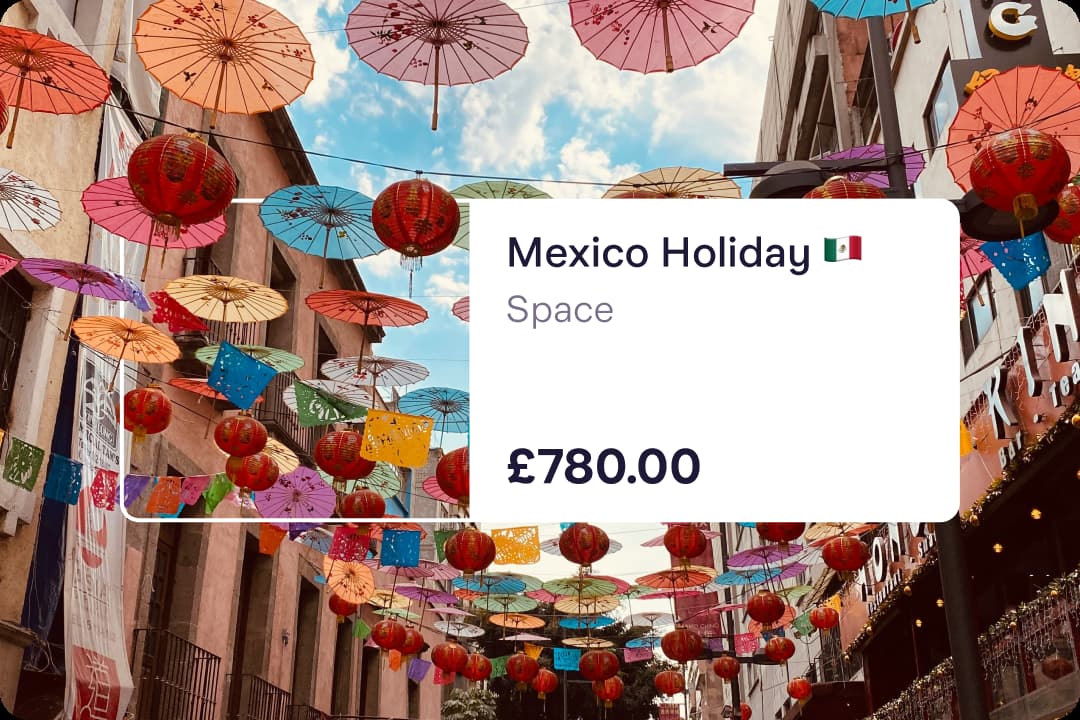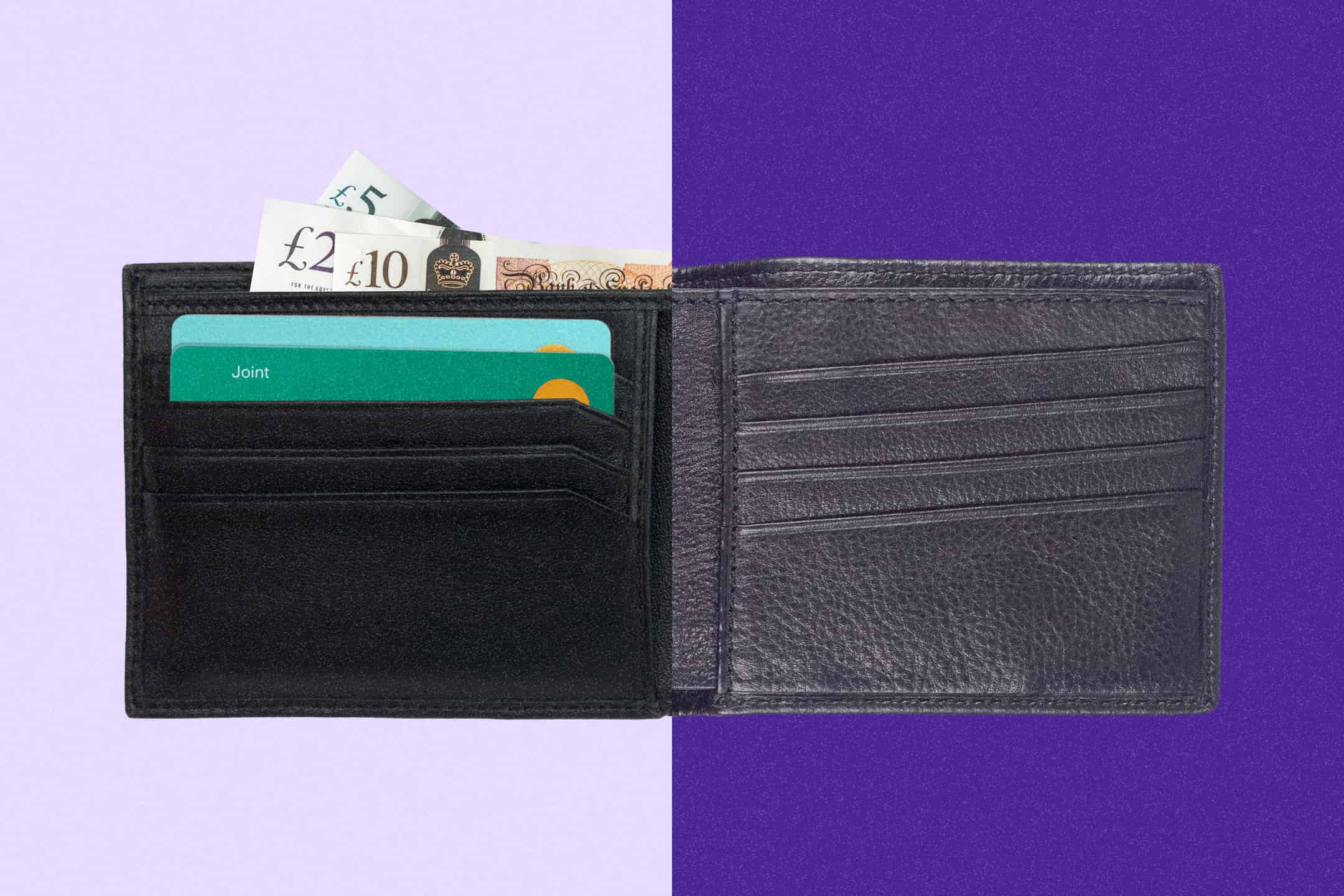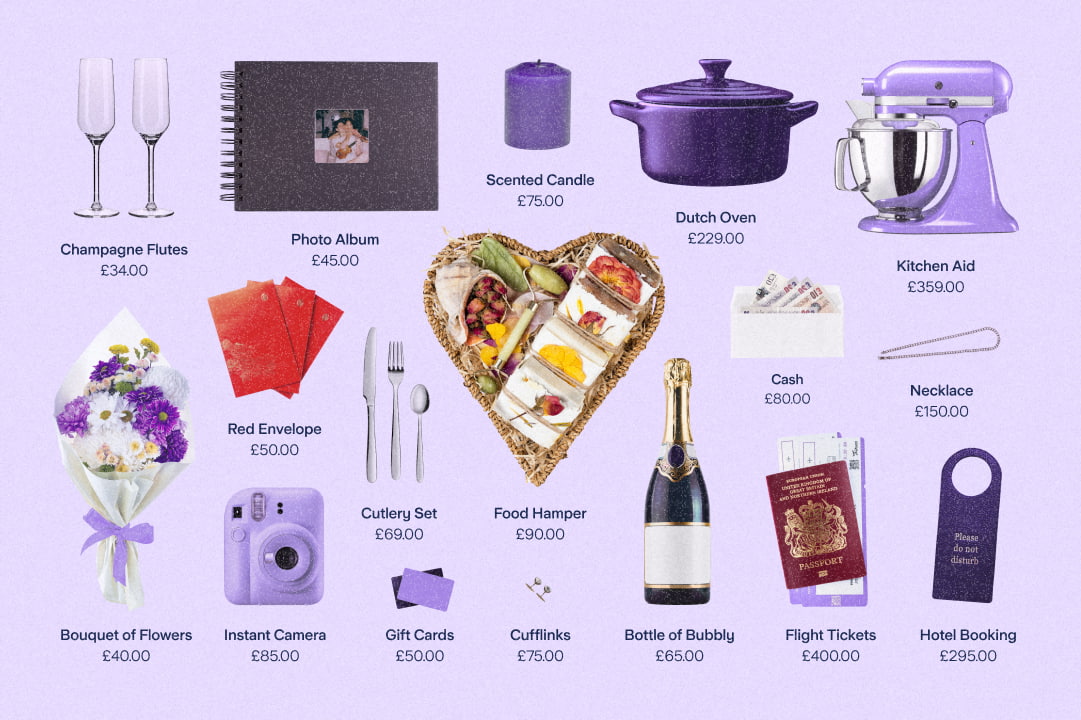
How Much Does It Cost?
How much do two weeks in Thailand cost?
By Hannah Summers
How Much Does It Cost?

Many people are determined to say ‘yes’ more often. Yes leads to more adventures, more new experiences – to seizing the day. It’s why a friend of mine has tattooed the word ‘yes’ on his wrist.
As for me? No reminders needed – in fact, it’s time I inked ‘no’ onto my forehead. Why? Because I’m a people pleaser who says yes far too often. By May this year, I had plans every weekend for the next four months.
Why do I do it? And what does it look like for me and my bank balance? Time to spill.

I’ve moved around a lot. I haven’t had friends and family on my doorstep for 10 years, so when there’s the opportunity to meet up, it’s a struggle to say no – a classic case of ‘FOMO’ (Fear of Missing Out). Living far from loved ones also comes with the pressure to maintain friendships. WhatsApp messages don’t replace real life conversations, and I worry if I don’t say yes to social events friendships will fizzle out.
I also prefer spending money on experiences, like travelling to new places and countries. In other words: I like to seize the day. And finally, I’m a freelancer, which means I have a more flexible schedule. It’s tempting to fit in a few cheeky weekday trips because I can. Even though I have less stability in terms of income.
This summer, however, things got a bit out of hand. I’ve done two family holidays, five weekends with friends and ventured abroad – twice. Turns out, pleasing people is expensive. Here are my receipts.

| Transport | £1,404.00 |
| Accommodation | £1,935.00 |
| Activities | £900.30 |
| Food and drink | £1,520.80 |
| Total | £5,750.01 |
|---|


I quickly learned that dining out in the UK can cost a small fortune, especially when you’re the guest and not in charge of choosing the restaurant. Staying with foodies in Nottingham set me back almost £150 for a meal out when our hosts wanted to go to the award-winning and Michelin-recommended Ibérico for tapas. Everyone wanted to try different dishes. And as the plates piled high, so did the bill. Then in London, a small miracle happened – my friend managed to book a table at Dishoom. Weekend availability is like gold dust. I left the restaurant with a stomach full of Chicken Ruby and cheese naan, and a bill of £55, leaving my bank account even emptier.
Wherever you go, alcohol seems to be the black hole of finance. I’m not a huge drinker but put me in a group setting and I’ll be the one buying rounds – and extra drinks if it’s a birthday. The trip to Leeds saw me and my friends do the famous Otley Run, a two-and-a-half mile drinkathon through 16 pubs. “At least it’s not London prices,” I told myself as I bought another £10 cocktail.

Getting to all these places also costs a lot. Split with my partner, the road trip to Paris involved a £200 Eurotunnel booking, plus around £100 on petrol and tolls when we arrived in France, £180 on an overnight car park for the week, and £50 on metro tickets to travel around the city. The reason we drove instead of flying? My friend wanted to meet my dog – an extra £25 on the Eurotunnel, as well as a £50 rabies jab and a £180 Animal Health Certificate, a new requirement for EU pet travel since Brexit.
But the real kicker was the cost of UK train tickets. Even though I have a 26-30 Railcard that gives a third off rail travel, the trips still totalled around £170. That’s before you factor in the cost of buses and taxis to and from train stations.
UK accommodation was also more expensive than staying somewhere abroad. One Airbnb – which housed eight adults, two dogs, and one child – cost £200 per person for the weekend. Staying with friends and family was obviously free but then I spent more than usual on eating out and activities.
Speaking of activities, when did live music get so expensive? My friends and I danced to throwbacks at the Mighty Hoopla festival in London to the tune of £65 per ticket. And when it came to friends’ birthdays, I didn’t want to be that person who refuses to spend money. After all, it was the birthday girl’s wish to try a horsebox sauna on the beach with a £45 spa package upgrade. Who am I to deny her?

The crux of many of these social events was knowing when it was important to go and if hosts or organisers would mind if I backed out. As a people pleaser, I find that hard to work out – I don’t want to let people down.
Groups are the worst for this – and it seems the greater the number of people, the harder it is to say no. I don’t want to appear ‘stingy’. Agreeing with the majority opinion is often easier, even if it blows my budget – as is splitting the bill. Even when, on one occasion, one friend ordered a starter, seafood platter and extra bottle of wine, and I ordered the cheapest main and one glass.
“Agreeing with the majority opinion is often easier, even if it blows my budget.”
- Florianne

Firstly, I reduced my spending when I was at home: cooking instead of going out, buying cheaper ingredients from the supermarket, and doing free activities like long walks, wild swimming, and yoga. I also upped my workload as much as I could – freelancing means that you can work beyond normal nine to five hours.
Even so, I’m definitely feeling the pinch after this summer.

Here’s my pledge: I’ll aim to strike more of a balance. If I do commit to a social event, I’ll try to make it more budget-friendly and be honest about what I can afford. I’ll push for hosting at my own home (goodbye train fares!), bringing together different friendship groups to see more people at once, and prioritising cheap or free activities.
Most importantly, I’ll ask myself: am I doing this just because I want to say yes? Or because I’m scared to say no?
Keen to keep a closer eye on your spending? With Starling, you’ll get automatic Spending Insights so you can see exactly where your money is going.
Explore our current account
How Much Does It Cost?
By Hannah Summers

Group holidays
By Anonymous contributor

Salaries
By Charlotte Lorimer

Weddings
By Veena McCoole